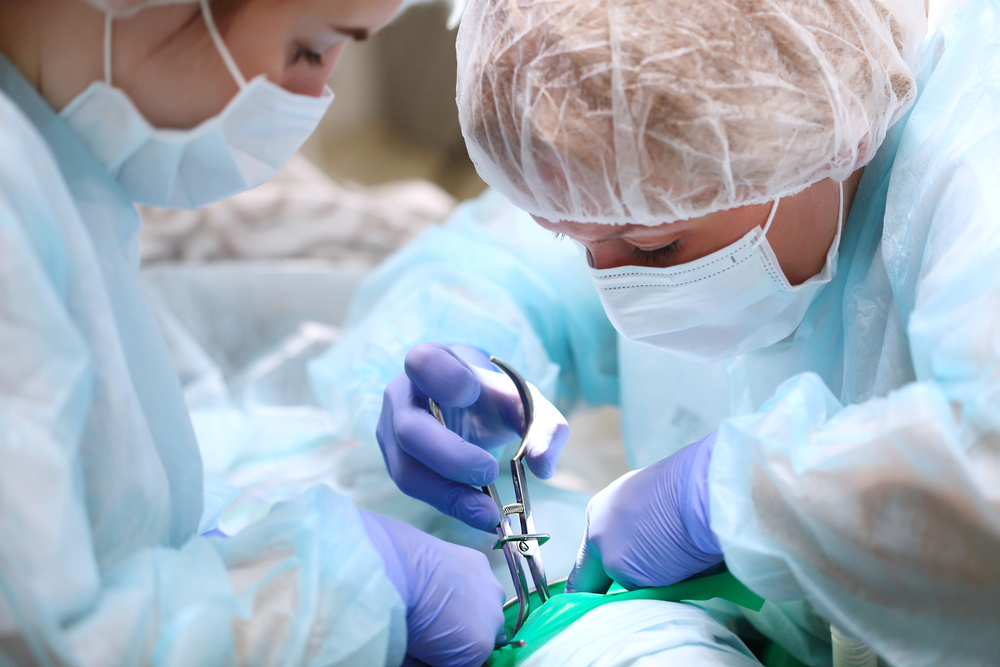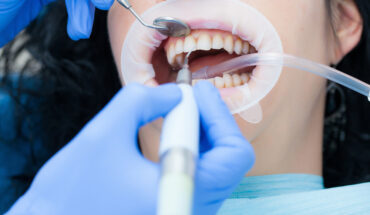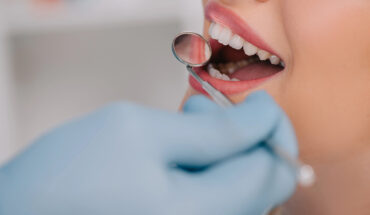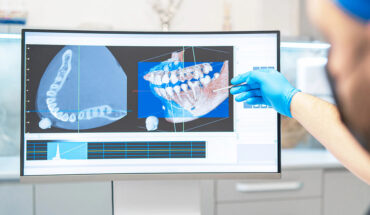
For many people, just the thought of sitting in a dental chair can trigger a wave of unease. The sound of dental instruments, the anticipation of discomfort, or even memories of past experiences can turn a routine visit into a stressful ordeal. But in recent years, a comforting solution has emerged that’s helping patients take back control of their oral health—sleep dentistry. Designed to help individuals relax during dental procedures, it allows you to experience treatment without anxiety, fear, or pain.
Sleep dentistry, sometimes referred to as sedation dentistry, isn’t about being completely unconscious. Instead, it offers a spectrum of relaxation—from light sedation where you remain awake but calm, to deep sedation where you’re in a sleep-like state. This approach is especially beneficial for patients who experience severe dental anxiety, have a sensitive gag reflex, or require lengthy or complex procedures.
When fear stands in the way of proper dental care, oral health can decline quickly. Avoiding visits leads to untreated cavities, gum disease, and worsening conditions that might have been easy to prevent or treat earlier. Sleep dentistry bridges this gap by making the dental experience manageable and even comfortable for those who struggle with anxiety or phobia. By calming the body and mind, patients can receive necessary treatments that improve both oral and overall well-being.
One of the biggest advantages of sedation is that it allows dentists to perform multiple procedures in one session. This means fewer appointments and less overall stress. For patients with busy schedules or extensive dental work ahead, this efficiency is invaluable. Moreover, time seems to pass quickly under sedation—many patients report feeling as if the procedure lasted only minutes, even when it took hours.
Modern dental practices use various forms of sedation to suit different needs. Nitrous oxide, commonly known as laughing gas, is a mild sedative inhaled through a small mask. It helps patients relax while staying fully conscious, and its effects wear off quickly after the treatment. Oral sedation, on the other hand, involves taking medication before the appointment to achieve a deeper sense of calm. For more involved procedures, IV sedation provides a deeper level of relaxation under the supervision of a qualified professional. In the most complex cases, general anaesthesia can be used, allowing the patient to sleep through the entire procedure.
Safety is a top priority in any dental practice offering sleep dentistry. Dentists carefully assess a patient’s medical history, anxiety level, and treatment needs before recommending the appropriate type of sedation. Throughout the procedure, vital signs such as heart rate and oxygen levels are closely monitored to ensure complete safety and comfort.
The benefits extend far beyond the treatment itself. Many patients report a profound change in how they perceive dentistry afterward. What was once a source of stress becomes a manageable, even positive experience. This shift helps build trust and confidence, encouraging regular visits and preventive care—crucial factors for maintaining lifelong oral health.
For individuals who once dreaded even a simple cleaning, sleep dentistry can feel life-changing. It empowers patients to address long-ignored dental issues without the emotional burden of fear. From routine check-ups to surgical treatments, sedation makes every step smoother and more approachable, allowing patients to experience true peace of mind. In fact, more people are now removing fear from complex surgeries via sleep dentistry and finding that this modern approach transforms the entire experience of dental care.
Imagine walking into your dentist’s office with confidence, knowing that anxiety won’t stand in the way of a healthy, radiant smile. Sleep dentistry opens that door. It gives you control back—control over your comfort, your treatment, and your oral health future. As the fear fades, a new association forms: one where dental care feels gentle, restorative, and empowering.
Patients often describe their post-treatment emotions as a mix of relief and gratitude. The overwhelming anxiety they once felt is replaced by calm assurance and trust in their dental team. The experience fosters a healthier relationship with dentistry, one built on comfort rather than fear. Over time, this shift can transform not just smiles, but lives—allowing patients to maintain oral health without hesitation.
For those ready to take that step, sleep dentistry isn’t just a method—it’s an invitation to rediscover comfort in care. By easing anxiety and promoting a sense of calm, it helps make every dental journey smoother and more positive. Ultimately, it’s about replacing fear with relief and even gratitude, empowering patients to embrace their treatments and smile with renewed confidence.




